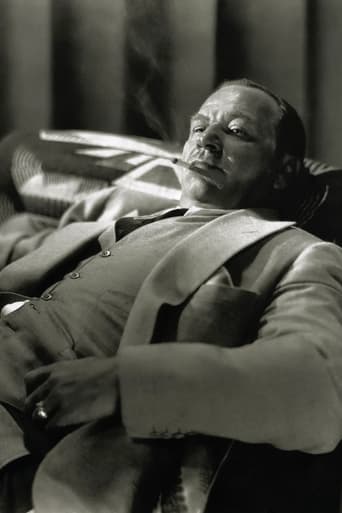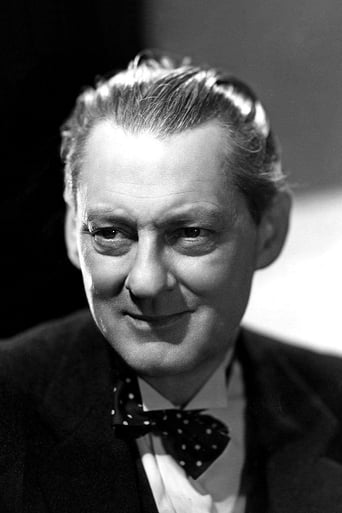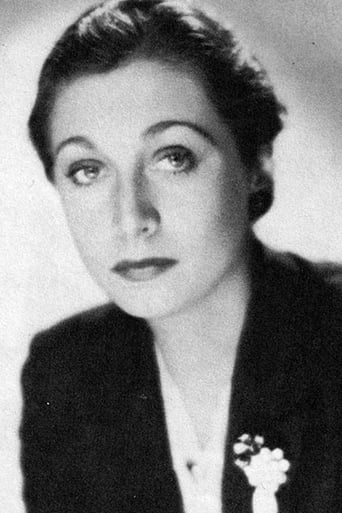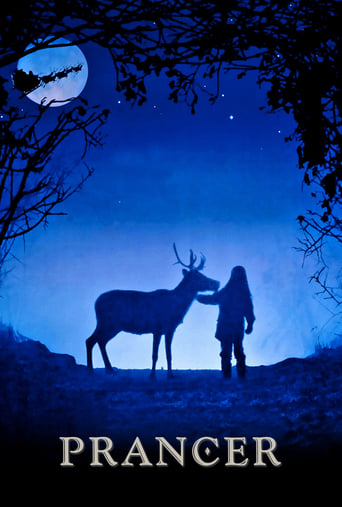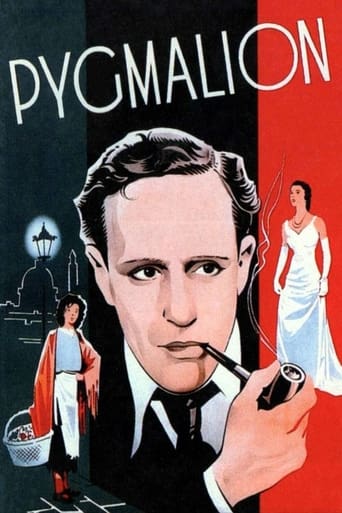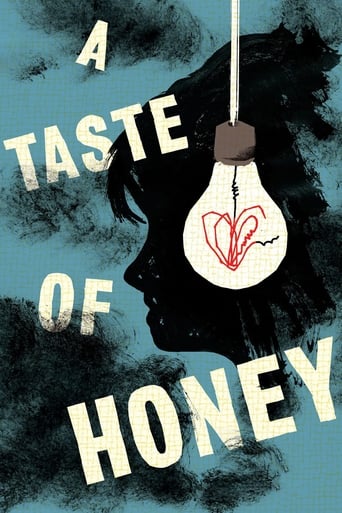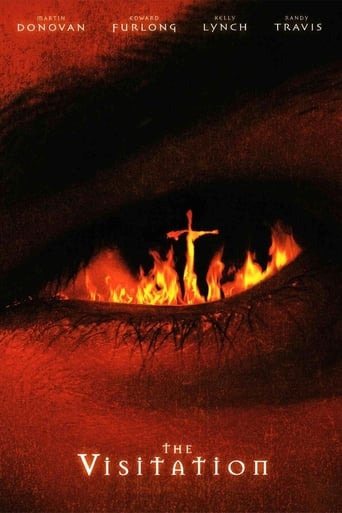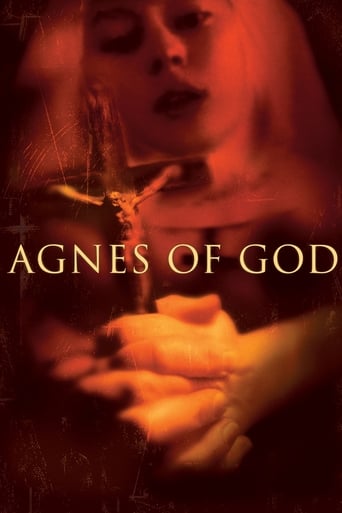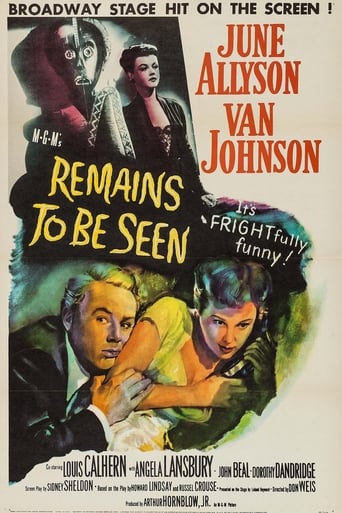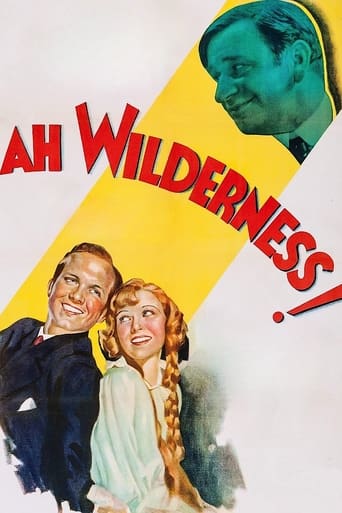
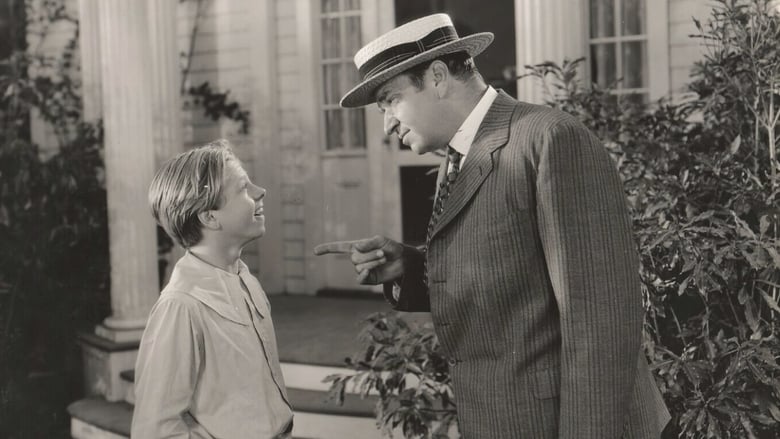
Ah, Wilderness! (1935)
At the turn of the century, a young man graduates high school and realizes the joys and sorrows of growing up, with some loving help and guidance from his wise father. A tender, coming-of-age story, with a wonderful look at a long-gone, but fondly remembered, small town America.
Watch Trailer
Cast
Similar titles
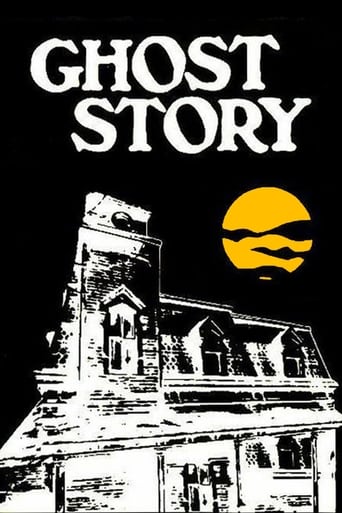
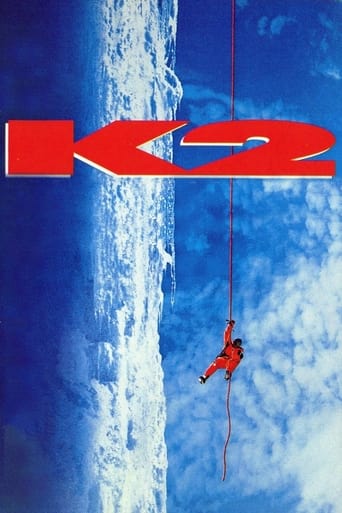
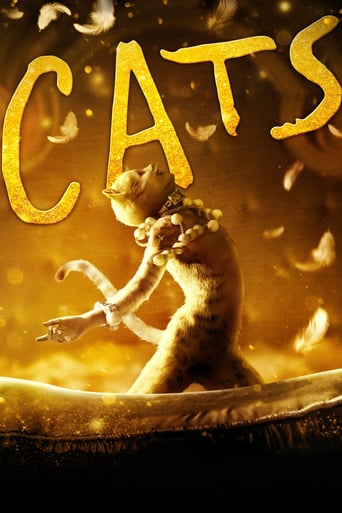
Reviews
People are voting emotionally.
Just perfect...
This is a small, humorous movie in some ways, but it has a huge heart. What a nice experience.
There is, somehow, an interesting story here, as well as some good acting. There are also some good scenes
Pretty good but not great. The cast tried mightily but did not seem to bring O'Neill's story to life. I think it is because of O'Neill's skewed view of family, derived from his own background and that depicted in such as "Long Day's Journey Into Night". There as here, there is an emphasis on liquor and dysfunction and maybe he was not the one to tell such a story. It's a far cry from "Meet Me In St. Louis", or even "Father Knows Best" as far as entertainment value is concerned. As a result of his august presence in the credits "Ah, Wilderness" maybe an overrated film, and compounding this problematic circumstance is the hammy acting job turned in by Eric Linden, around whom the story revolves. Wallace Beery was excellent as the drunken uncle Sid, Lionel Barrymore was his usual competent self, and Aline MacMahon upgrades any movie she is in. Last but not least, the screenwriters did the best they could with flawed material.
After graduating from high school, idealistic young Eric Linden (as Richard Miller) learns about hard liquor and loose women as he and his family celebrate the Fourth of July in 1906 New England. Renown playwright Eugene O'Neill's "comedy of recollection" was a homespun stage and screen hit, clearly and unofficially inspiring the immensely successful "Andy Hardy" film series. That, and other trivia about the film, are presently more interesting that the blandly presented "coming of age" storyline; still, it's nicely done, reflecting a combination of O'Neill's setting and MGM's glossy black-and-white production values.******* Ah, Wilderness! (12/6/35) Clarence Brown ~ Eric Linden, Lionel Barrymore, Wallace Beery, Mickey Rooney
Beautifully directed by Clarence Brown, the nearly perfect cast of this rare (but not quite *only*) O'Neill comedy shines from top to bottom even as one speculates the film this might have been had a Methodist minister not effectively murdered one of America's greatest entertainers over the minister's shallow objection to the depiction of a "fallen woman." He wrote to Will Rogers, who was touring in the George M. Cohan/Lionel Barrymore role of the father and slated to do this movie version, stating that he had had to leave the theatre with his daughter rather than expose her to such smut! Rogers prided himself on never doing "blue" material, and withdrew from the film in favor of that fatal trip to Alaska with Wiley Post; one suspects the unfortunate minister saw rather more than he liked of himself in Muriel's father, McComber, in the play, and that was the true source of his offense.Starting with this film, many productions of AH, WILDERNESS! and the works based on it, like the Broadway musical TAKE ME ALONG, have top-billed the showier role of "Sid" (Wallace Beery) over the core role of the stabilizing force, the father (Lionel Barrymore), whose relationship with his son (Eric Linden) the play turns around. One wonders if it would have been that way had Rogers ignored blue nose objections and made the film, but it is hard to imagine a better performance than Barrymore gives in the role.While recognizing the vast difference between the usual depth of O'Neill dramas and this warm remembrance of an idealized youth O'Neill might have imagined wanting in middle class Connecticut at the start of the 20th Century, students of the playwright must view this play (and film) next to his more obviously autobiographical masterpieces A LONG DAY'S JOURNEY... , MOON FOR THE MISBEGOTTEN and the sea plays (filmed collectively as THE LONG VOYAGE HOME) for a complete understanding of the author.The greatest regret in the film is the fresh, forceful performance from Eric Linden as Richard - the boy on the verge of manhood, struggling with the same essential sexual/social issues every young man struggles with, even if they may seem "quaint" and even shallow in this period telling (we only imagine it's somehow different because of the period specifics). It's a fine performance and one wonders what happened to the actor. He lived on to age 85, only passing in 1994, but never made the transition to "adult" leads and after the minor role of an Amputee in the 1939 blockbuster, GONE WITH THE WIND, only made one more minor film during WWII, and called it a career.Nevertheless, glory in superb work from a balanced cast that showcases Spring Byington as the Mother, the wonderful character actress Aline MacMahon as Sid's love interest, Lily (seek her out as the Nurse in the superb "Play of the Week" filming of Judith Anderson in MEDEA in 1959 or as Ida in Judy Garland's final film, I COULD GO ON SINGING from 1963!) and Mickey Rooney as the almost too energetic younger brother Tommy.Yes, Wallace Beery breaks Lily's heart (and ours) with his drunk scene played for laughs, but O'Neill knows whereof he's writing, and gives us a depth and subtext to these scenes which most comedies of the period or later "comedy drunk scenes" couldn't imagine, and lets us understand the deeper meaning even while we permit ourselves to smile at Beery & O'Neill's craft.A last point to be made in appreciating this terrific production: made in "glorious black & white" (as the VHS release calls it), the studio set designers and director Brown took full advantage of the more detailed visual vocabulary monochrome offered and give us so detailed a portrait of the world the play is set in you could teach a master class on the style and technology of the period just from the beautifully observed physical portrait in this film.Allow yourself a ninety eight minute excursion back to the turn of the last century - this is a trip to what was not quite the cultural wilderness some of us might suppose that you'll never regret taking.
Eugene O'Neill remains, some fifty two years after his death and some eighty seven since his first plays appeared on stage, America's greatest dramatist. This is not hard to understand - no one ever dissected our personal miseries as well by laying bare his own tragedies. It is understandable that he rarely touched on comedy (it does crop up in some forms in his plays - in HUGHIE look at the way the hotel night man has some twisted hero-worship of the gambler crime kingpin Arnold Rothstein). Twice (actually) O'Neill tried comedy. First a spoof, MARCO MILLIONS about Marco Polo. The other was AH, WILDERNESS!, which was his only successful Broadway play in the 1930s - 1955. It is a lovable look at middle class, small town American family life in 1905 (about the same time that that far more horrifying version of family life, A LONG DAY'S JOURNEY INTO NIGHT, occurs). And because we know what O'Neill was going through, seeing this version is not reassuring at all. The play will amuse, but in our cynical souls we know that it is what O'Neill really needed and never got.One thing the audience never got (unfortunately) was the star of the original production. In his penultimate Broadway performance, George M. Cohan played the father, Nat Miller. The critics of 1932 raved for Cohan's meaningful and wonderful performance, but we can only read of it - he was never in the running for the movie role. He was extremely difficult to work with under other directors, and would have been hard to control. It's too bad. The original choice for the role at MGM was Will Rogers, but Rogers wanted to make a round the world plane trip with Wiley Post, and went to their joint death in a crash at Point Barrow instead. Still Lionel Barrymore is good as substitute for either Cohan or Rogers.The cast on the whole is first rate, from Barrymore and Spring Byington as the parents (note the business about the problems Barrymore has eating certain types of fish) to Wallace Beery as the inebriate uncle and Aline MacMahon as the spinster aunt. The business of the three sons, Arthur (Frank Albertson), Dick (Eric Lindon), and Tommy (Mickey Rooney), and the daughter Mildred (Bonita Granville) all helps paint a picture that is close to Norman Rockwell (although the apparently alcoholism of the uncle is troubling). But it has some terrific moments, as towards the end when Nat warns Dick about fallen women/prostitutes as "sepulchres". But with a knowledgeable audience of O'Neill fans they can put in the dead older brother who wasted his talents on booze and women, and the baby brother who died prematurely. Suddenly the glitz and glare of the 1905 small town America on the 4th of July weekend turns into the shadow world of four dead souls pursuing an endless mutual fight in a New England summer house. It is a finely made movie of MGM near it's height, but the source for all the pleasant humor of the piece has a long dark shadow that is unsettling.
